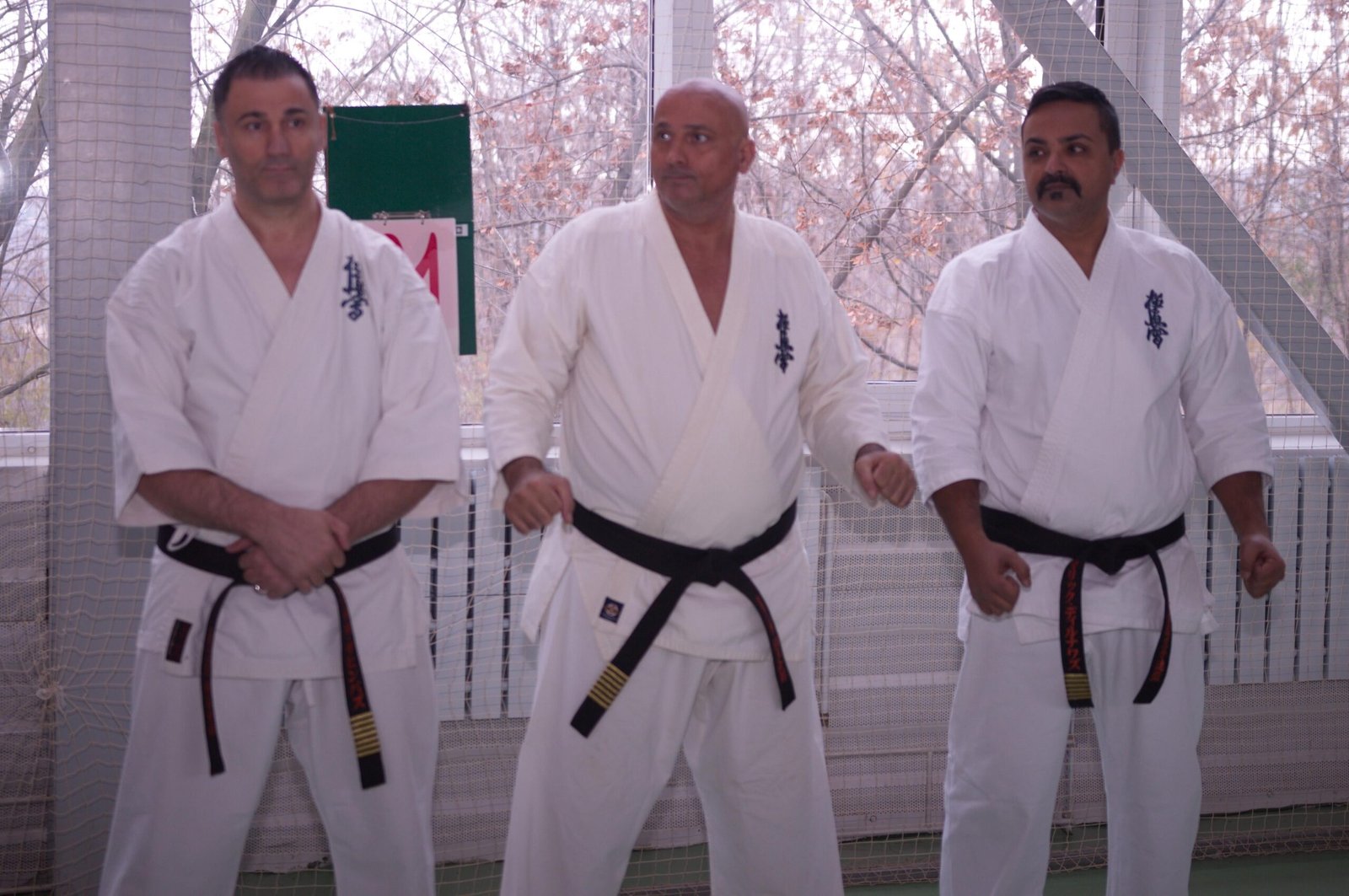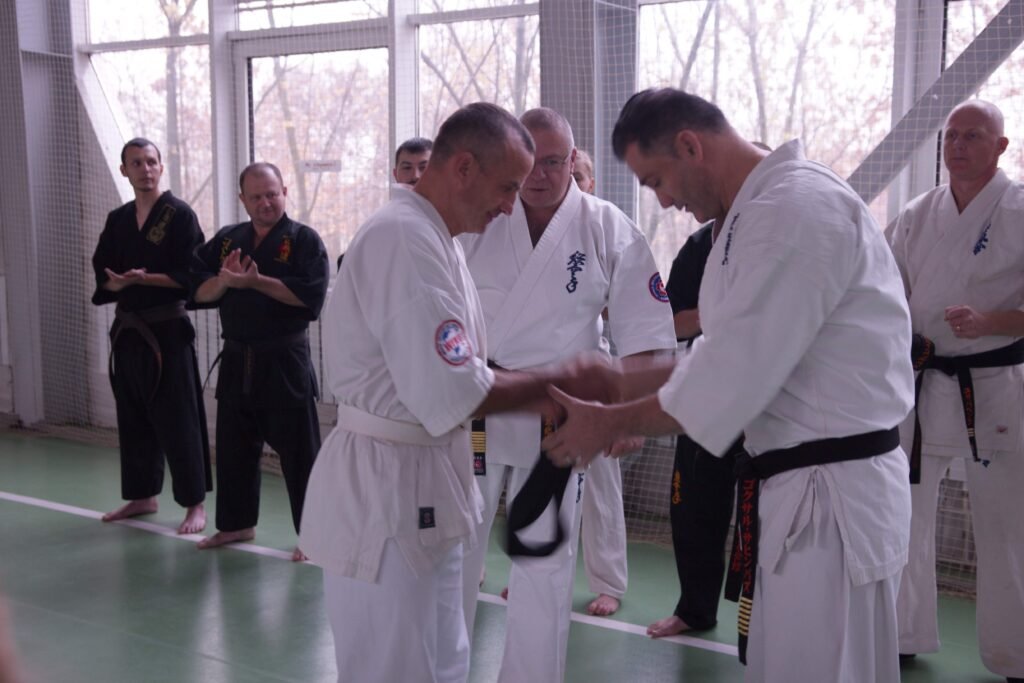The Historical Context of IFKK
The International Federation of Kyokushinkaikan Karate (IFKK) has its roots deeply embedded in the martial arts legacy established by Masutatsu Oyama, the founder of Kyokushinkaikan karate. Oyama developed this rigorous form of karate in the mid-20th century, emphasizing principles such as discipline, respect, and perseverance. His vision involved creating a form of martial arts that was not only effective in combat but also beneficial for personal development and self-discipline. This foundational ethos laid the groundwork for what would eventually evolve into a global organizational structure dedicated to promoting these values.
The IFKK was officially formed to safeguard and proliferate the teachings of Kyokushinkaikan karate across various regions. This endeavor was accentuated by the unwavering commitment of dedicated martial artists, including Shihan Goksel Sahinbss and Shihan Dilnawaz Malik. Both leaders have played crucial roles in the federation’s establishment and growth, serving as ambassadors for the martial art while maintaining the integrity of its original teachings. Shihan Sahinbss brings to the table a wealth of experience and a traditionalist approach, focusing on the rigorous training methodologies that characterize Kyokushin. In contrast, Shihan Malik’s leadership combines innovation with tradition, facilitating outreach programs and workshops designed to introduce and integrate Kyokushinkaikan karate into diverse communities.
The collective vision of these distinguished shihans is to ensure that the federation nurtures the next generation of martial artists while preserving the core philosophies that define Kyokushin. Their distinctive strategies and approaches to karate education have not only expanded the federation’s influence but also fostered a global network of practitioners committed to excellence. Through their efforts, IFKK continues to uphold the foundational values set forth by Oyama and is marked by its dedication to inclusivity, growth, and the empowerment of practitioners worldwide.
Current Initiatives and Future Directions of IFKK
The International Federation of Kyokushinkaikan Karate (IFKK), under the proficient guidance of Shihan Goksel Sahinbss and Shihan Dilnawaz Malik, is actively engaged in several initiatives aimed at fostering the growth of Kyokushinkaikan karate across the globe. Currently, the federation is committed to organizing structured training programs that cater to practitioners of all skill levels. These programs not only focus on physical training techniques but also emphasize mental fortitude and character building, which are essential aspects of martial arts.
In addition to training, the IFKK regularly organizes seminars that offer deeper insights into advanced techniques, kata (forms), and the philosophy behind Kyokushinkaikan karate. These events serve as a platform for sharing knowledge and fostering camaraderie among members. Furthermore, the federation hosts various competitions throughout the year, encouraging practitioners to showcase their skills in a supportive environment. These competitions reinforce the spirit of respect, discipline, and sportsmanship that are integral to the practice of Kyokushinkaikan karate.
Looking ahead, the IFKK has several ambitious plans for expansion. One of the key strategies involves forging collaborative efforts with other martial arts organizations. By doing so, the federation aims to share best practices and broaden its reach to new audiences. This cooperative approach will enable the IFKK to introduce Kyokushinkaikan karate to diverse communities, fostering a universal appreciation for the art.
Additionally, the federation is placing significant emphasis on youth engagement. By developing programs specifically tailored for young practitioners, the IFKK intends to instill the core values of discipline and respect from an early age. These initiatives are vital in creating a robust pipeline of future karateka who will carry on the traditions of Kyokushinkaikan karate, ensuring its legacy thrives in the modern age while remaining true to its roots.



